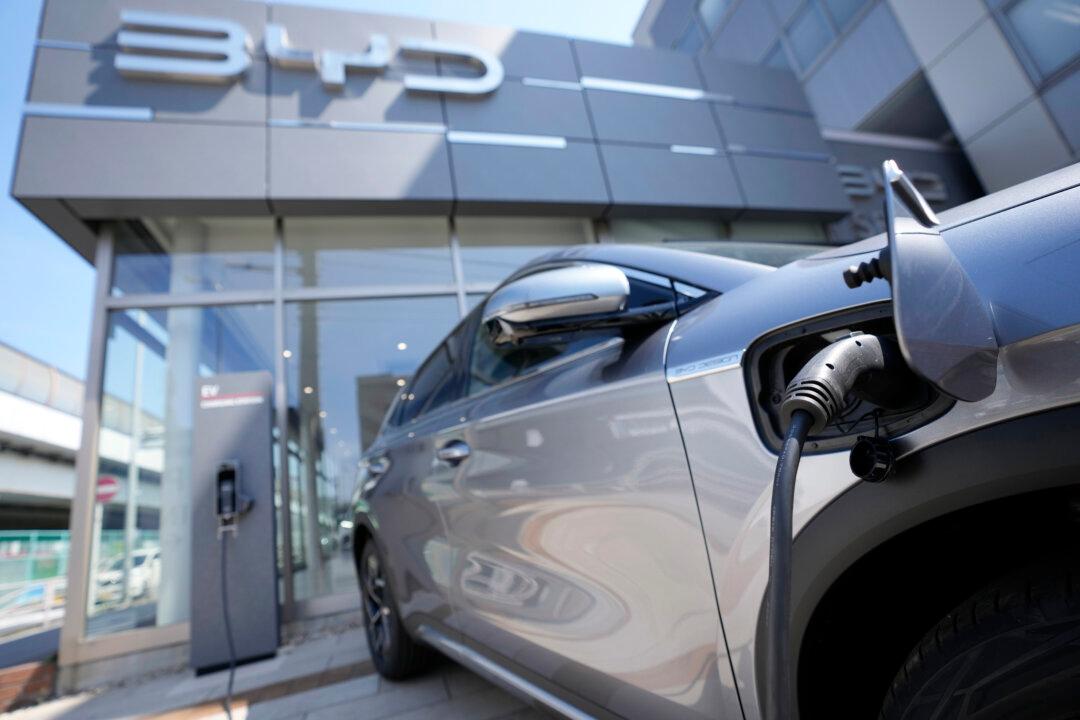Ottawa’s electric vehicle (EV) mandate has given rise to speculation that Canada won’t meet its targets without bringing in Chinese automakers like BYD, which describes itself as “the biggest car brand you’ve never heard of.”
But doing so could compound problems the industry already has with Ottawa paying incentives for buying made-in-China Teslas. In addition, there are potential security concerns that the United States has taken steps to avoid, according to an expert.





